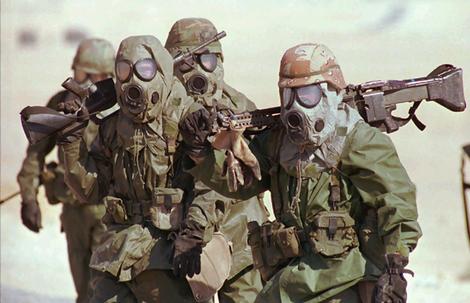
Military personnel are not limited to the battles they fight while serving, at home they are often greeted with challenges that cramp their lives with struggle and sickness. Such is the case with Sergeant Major Rob Bowman. He passed away from cholangiocarcinoma, which is a rare form of bile duct cancer, at the age of 44. Unfortunately, Bowman’s cancer isn’t an isolated incident. “Of the 30 men in Rob’s platoon who returned home, nearly one-third of them developed uncommon cancers and medical conditions,” said Coleen Bowman, Rob’s surviving spouse, “and the first doctor we saw confirmed immediately that the cause of Rob’s cancer was environmental, not genetic.”
Thankfully, action is coming, however delayed. Exposure is a serious issue, one that lawmakers, police enforcement, and medical professionals are making time to study and to make changes. The families, the professionals realize, deserve well thought out, medically accurate information that can be used to help other people The thread of toxin exposure is long, it goes back to the start of civilization. Sometimes, it’s even personal! It was reported that in 1776, Tory sympathizer attempted to poison George Washington.
Those who study the harmful effects of toxins realize that they have become even more harmful as the 20th century progressed. “We need the VA and the DoD to acknowledge that this is how these soldiers are dying,” Bowman stated, “we need better screenings, both before and after deployments. Rob’s complaints were initially blown off by his doctors. We’ve made progress, but we still have a long way to go.” Legislative progress is happening, slow as it may be. The National Defense Authorization Act recently passed, which is helpful in solving the issue, but has yet to solve the goal completely. Due to this issue, advocation of military personnel have chosen to help others, since they feel the law is not helping them consistently.
The Tragedy Assistance Program for Survivors and the Vietnam Veterans of America worked together to apply for a grant that the Wounded Warrior Project was hosting. The grant’s purpose was to be a friend to the families of those affected in the way by toxins and to provide assistance to those whose loved ones passed away from access to military toxins. Generations have now dealt with the issues and the aforementioned nonprofits are here to support them.
This issue will not go away overnight, but with supportive collaboration, progress is coming.



